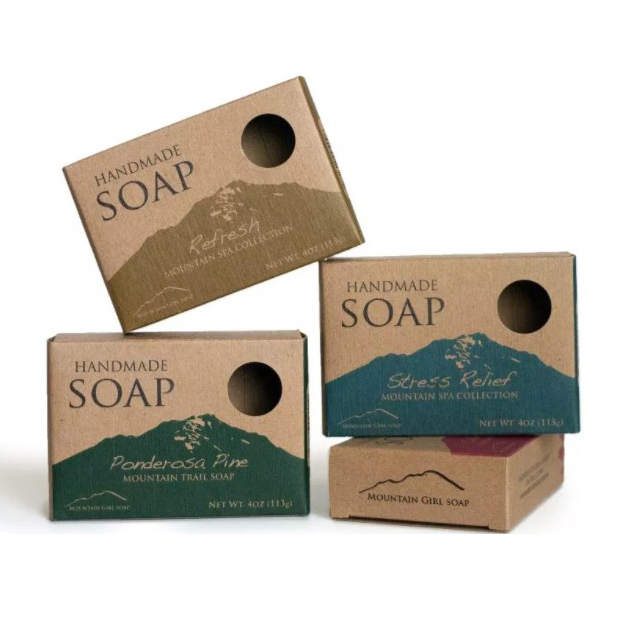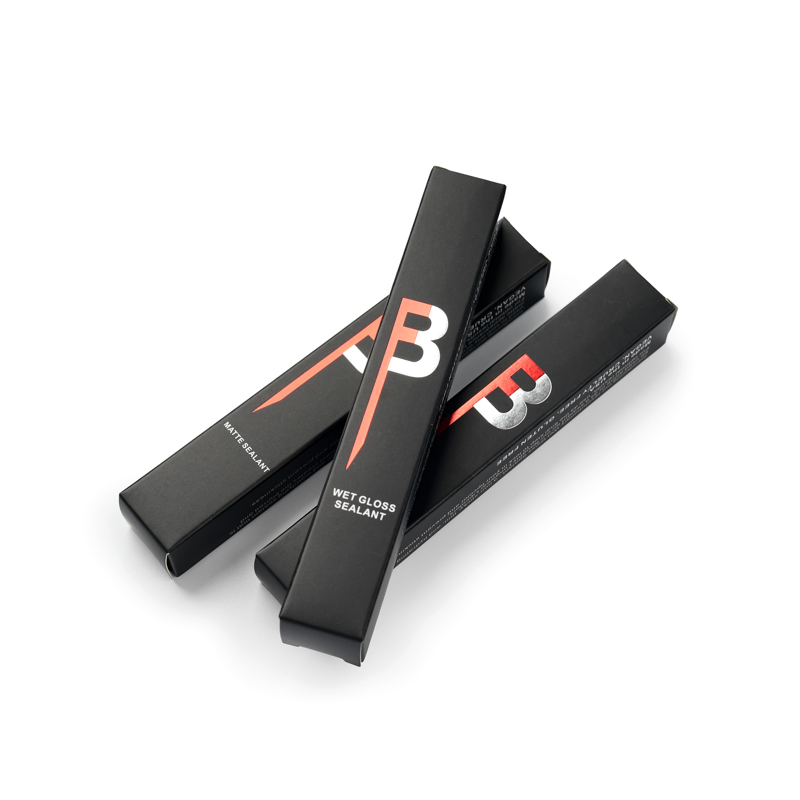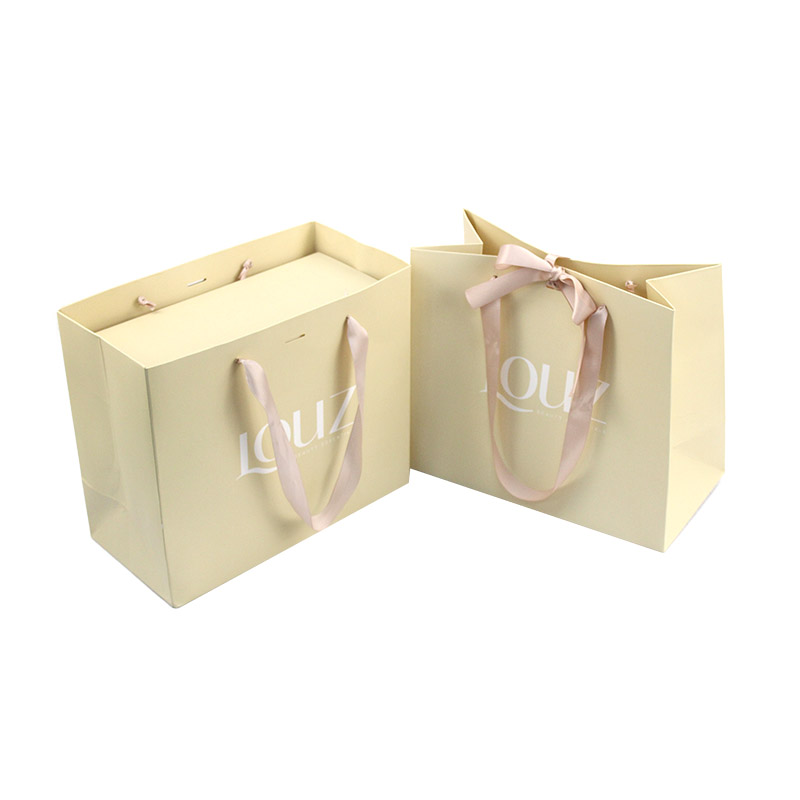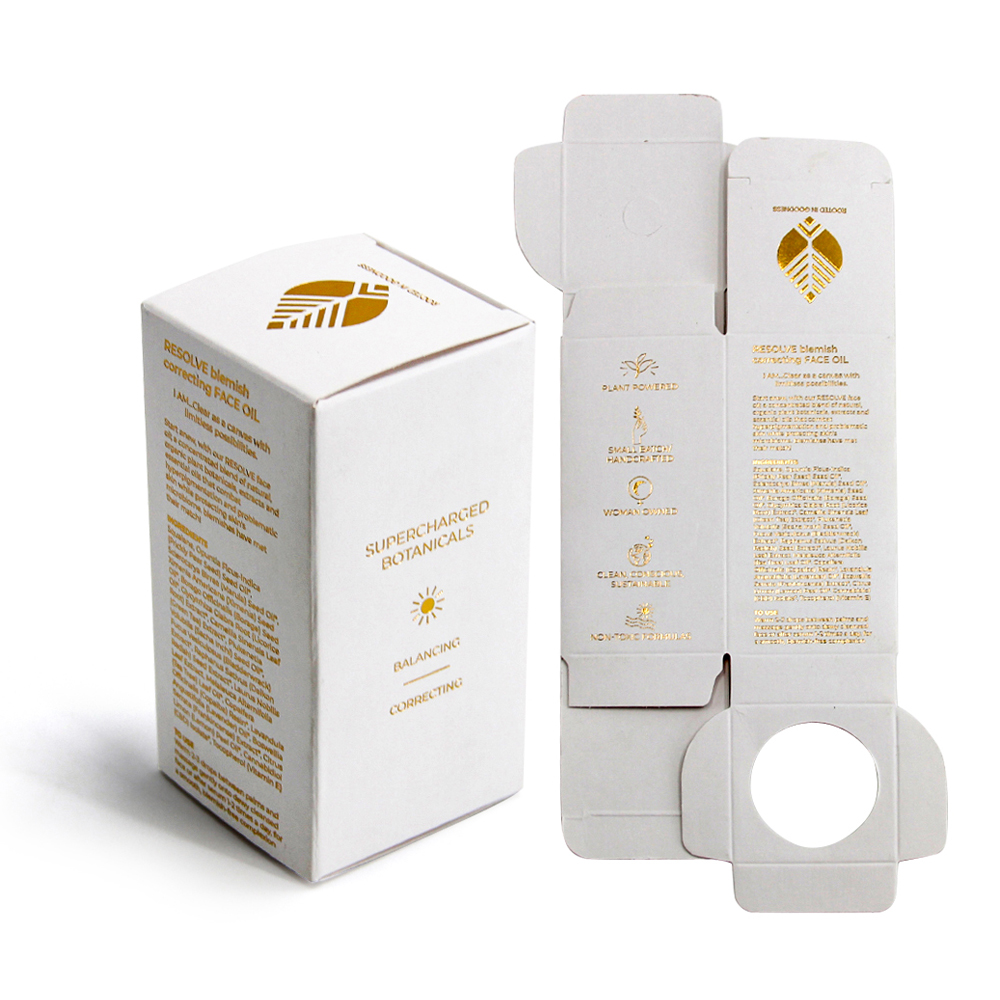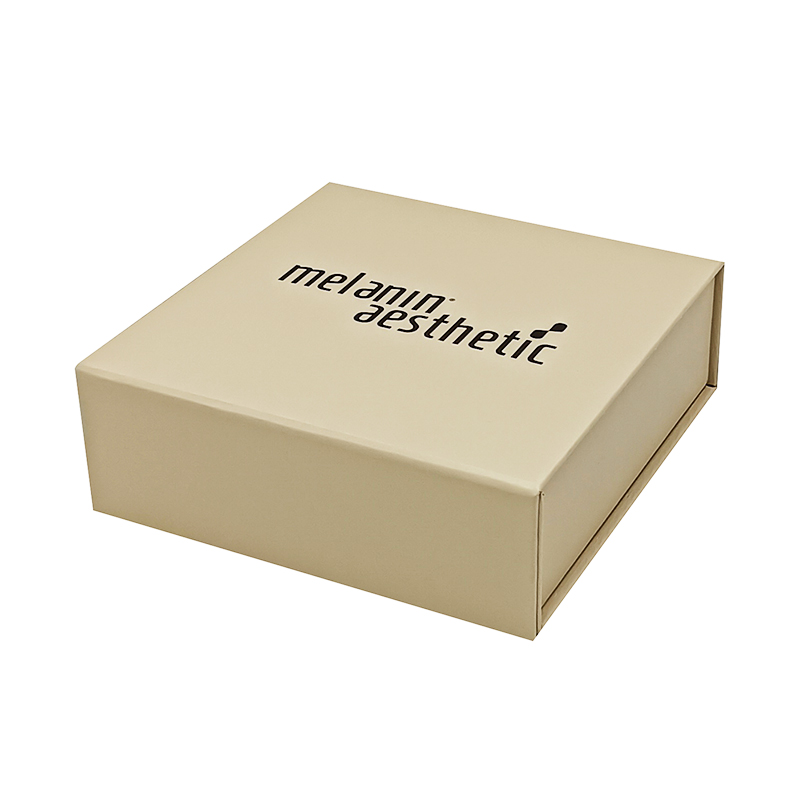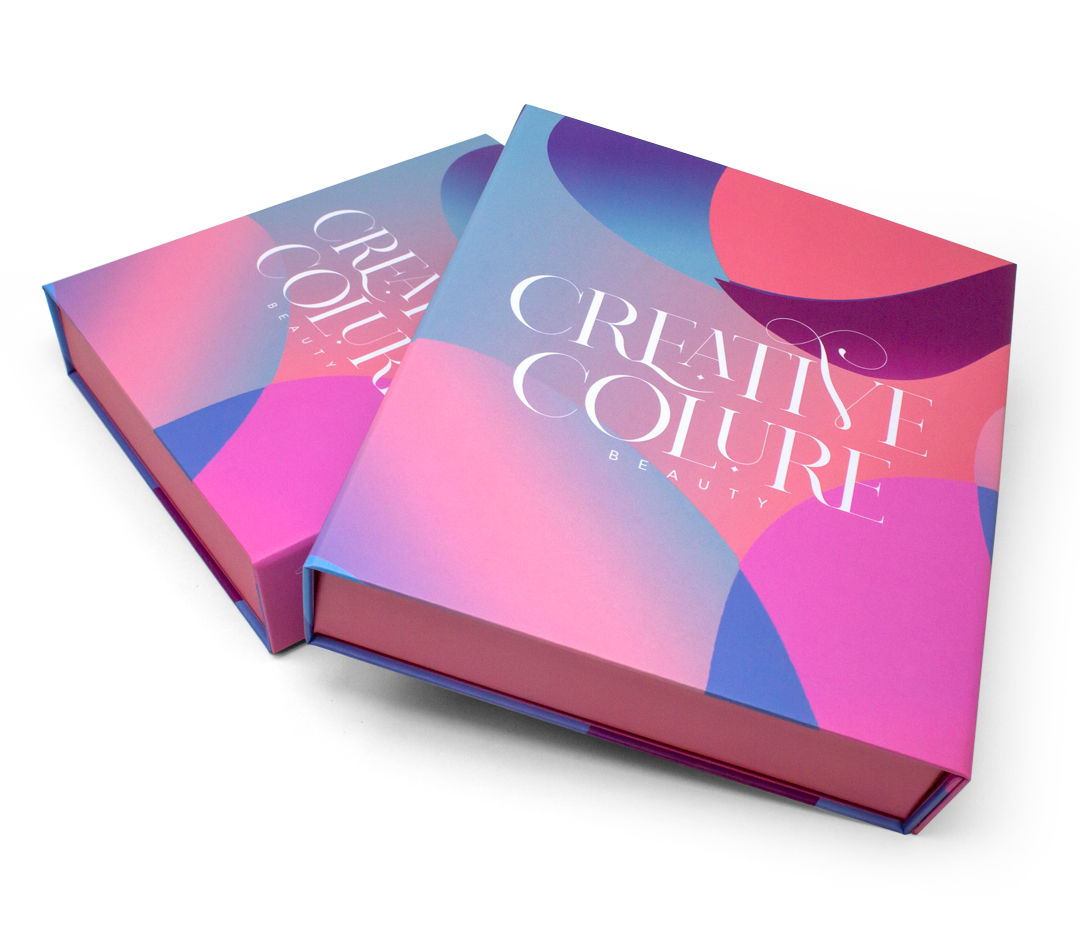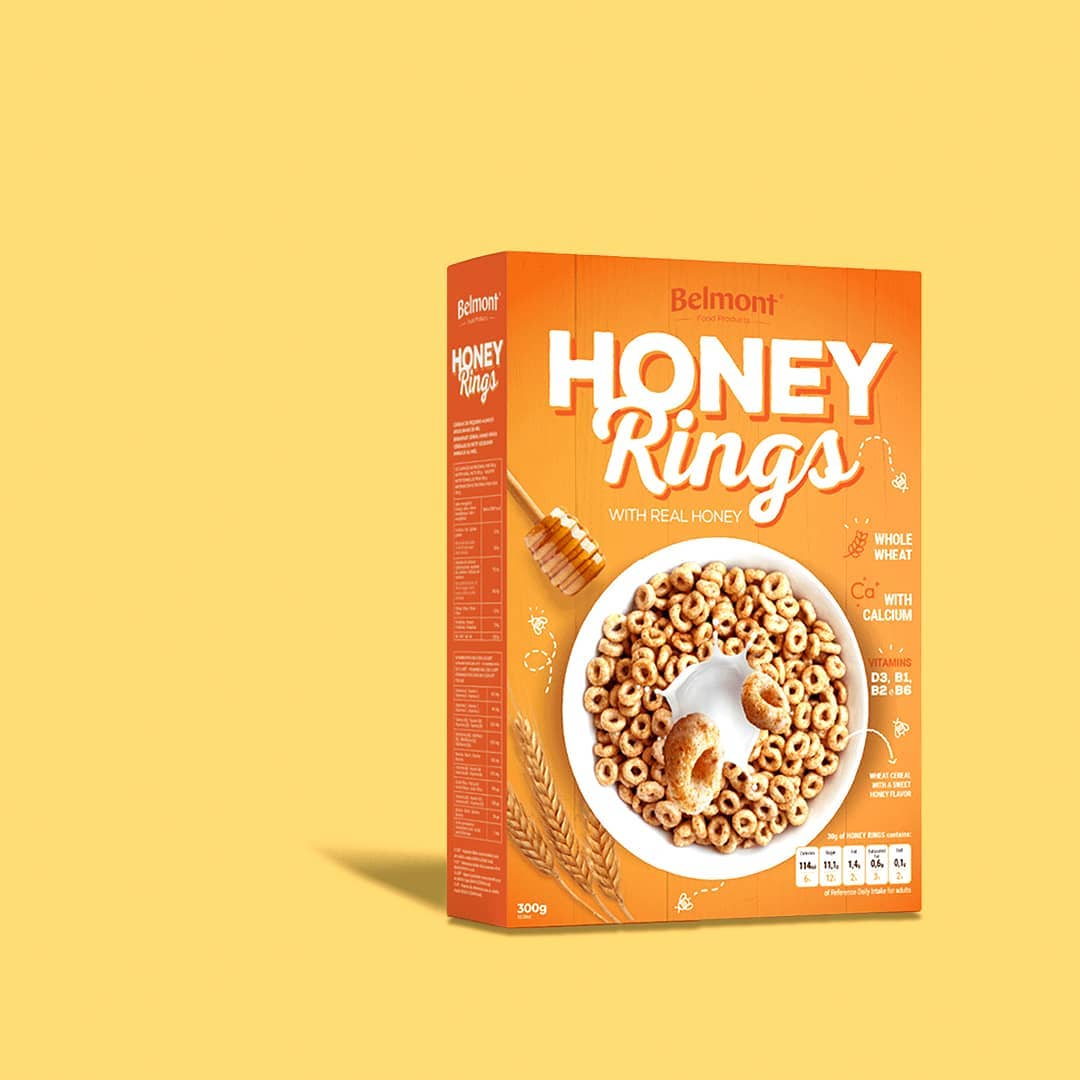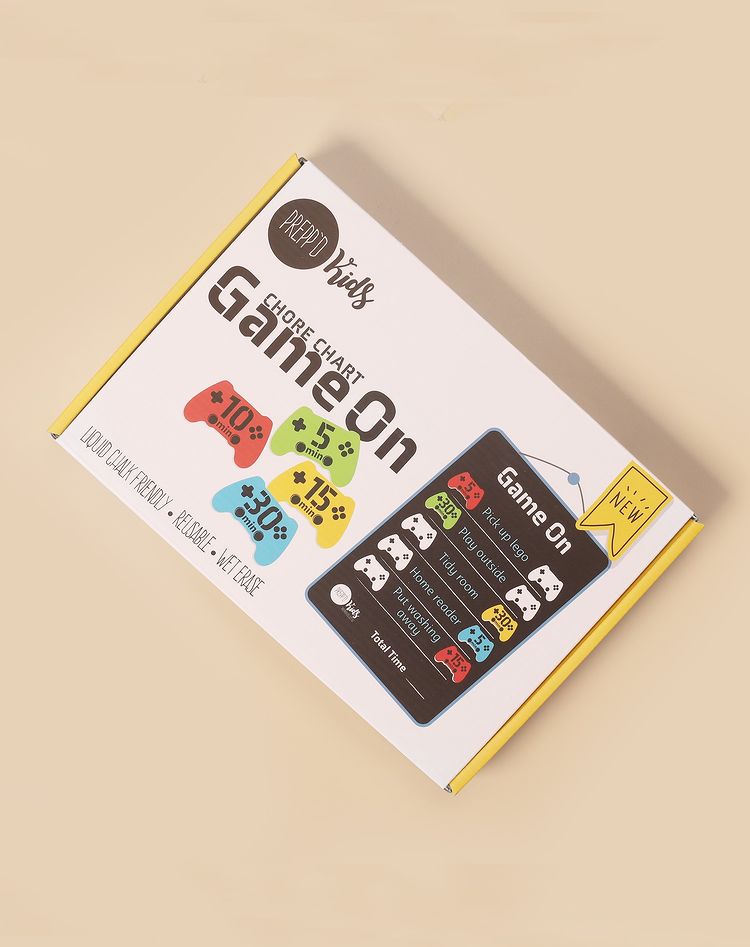Съдържание
` tags for improved readability and blog formatting: “`html
In the competitive world of supplements, packaging plays a crucial role in attracting consumers, building brand trust, and protecting the product. Navigating the complexities of supplement packaging can seem daunting, but with the right approach, it can help your business stand out. From selecting the ideal containers to designing labels and boxes that reflect your brand, this article will walk you through the entire process of ordering packaging for supplements, providing essential tips for success.
If you are aiming to launch or expand a supplement business, quality custom packaging can be a key driver in boosting your sales and creating a lasting impact on your target market.
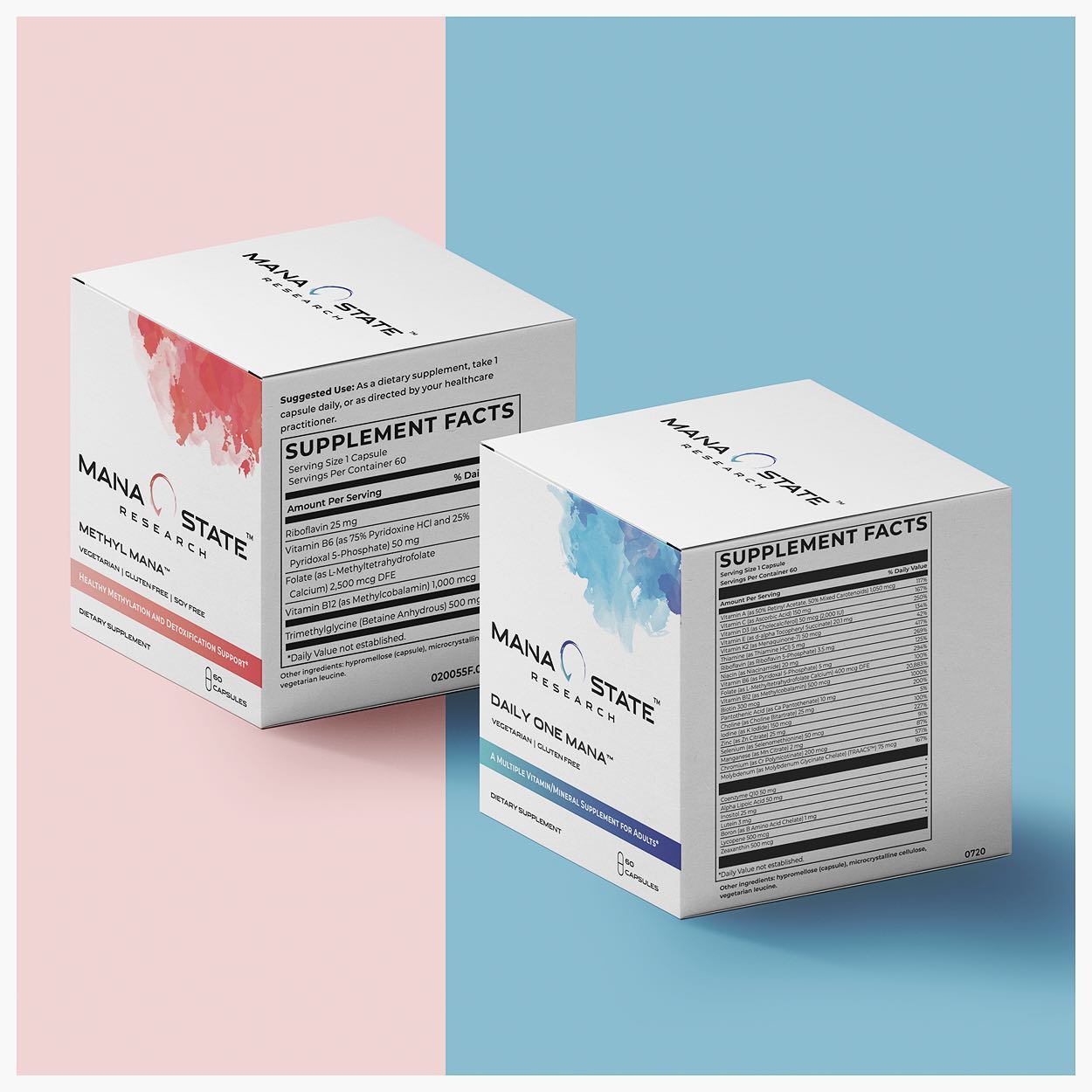
1. Understanding the Role of Supplement Packaging
Supplement packaging is more than just a protective barrier; it is an integral part of your product’s marketing strategy. Packaging serves as a first point of contact between your product and potential customers, influencing their decision to purchase and creating a lasting impression.
Brand Perception and Consumer Trust
The design and quality of your packaging have a direct impact on how consumers perceive your brand. High-quality materials and thoughtful design enhance your product’s appeal, reinforcing the perception of your brand as professional, trustworthy, and reliable. Whether you choose glass or plastic, the packaging should reflect the premium nature of your supplement and communicate its benefits clearly. Effective packaging not only draws attention but also cultivates trust with your consumers.
Adherence to Regulatory Standards
Supplement packaging must adhere to regulatory requirements to maintain consumer trust and avoid legal complications. The FDA provides guidelines for labeling supplements, ensuring that all necessary information such as ingredients, dosage, warnings, and nutritional facts are clear and accurate. Ensuring compliance with these regulations helps safeguard your business and ensures consumer confidence in your products.
For more detailed information on regulatory standards, refer to the FDA’s Dietary Supplement Labeling Guide.
2. Choosing the Right Primary Container for Your Supplements
The primary container you select for your supplement packaging directly affects the product’s integrity, usability, and consumer perception. Common packaging options for supplements include bottles, jars, and plastic containers, each suited for different types of products. When choosing a container, you must consider the material, size, and shape that best aligns with your product’s needs.
Glass vs. Plastic Containers
Glass containers provide a premium look and offer excellent protection against environmental factors such as light and air, making them ideal for sensitive supplements. However, they are heavier and can be more expensive. Plastic containers, on the other hand, are lightweight and more cost-effective, though they may not offer the same level of protection. Your choice should align with both the nature of your product and your branding strategy.
Size and Shape of Containers
The size and shape of the container are essential for both practical and aesthetic purposes. Containers should not only accommodate the product properly but also complement your brand’s image. Choose containers that are easy to handle, store, and transport while ensuring they meet the functional requirements of your product.
Protection from External Elements
In addition to material considerations, the primary container should protect your supplements from light, moisture, and air. For example, amber glass bottles provide an excellent barrier to UV rays, preventing degradation of sensitive products like vitamins and oils. When selecting a container, ensure it is designed to maintain the potency and freshness of your product until it reaches the consumer.
3. Designing Custom Secondary Packaging to Strengthen Brand Identity
Secondary packaging, including product boxes, labels, and inserts, is a vital component of your product’s marketing. Not only does it protect the primary container, but it also conveys key information about your brand and product. Custom packaging allows you to creatively showcase your brand’s personality while providing consumers with important details that can influence their purchasing decision.
The Power of Custom Packaging
Custom packaging for supplements helps your product stand out in a crowded market. It serves as a marketing tool that communicates your brand’s values, tells your product’s story, and appeals to your target audience. Custom folding cartons or boxes allow you to incorporate unique design elements that align with current trends, such as sustainability and premium aesthetics. These design elements enhance the product’s appeal and increase brand recall, making it easier for consumers to remember and trust your brand.
Creating Effective Labels for Supplement Packaging
Your supplement’s label is arguably the most important aspect of its secondary packaging. It’s the first thing consumers see and the last chance to communicate your product’s value proposition before a purchase is made.
For your labels, clarity and readability should be a top priority. Ensure that key information such as dosage instructions, ingredients, and any necessary warnings are easily accessible. Your label should also incorporate your brand’s color palette, logo, and other design elements to ensure consistency across all product lines.
Working with a professional designer is crucial to creating labels that are both visually appealing and informative. Choose design elements that align with your product’s values and message, and make sure that the label supports the consumer’s decision-making process by highlighting the most important features of the supplement.
4. Ensuring Safe Delivery with Sturdy Shipping Boxes
The final layer of your supplement packaging involves selecting durable shipping boxes to ensure that the product reaches its destination safely. Shipping boxes must be strong enough to withstand handling, stacking, and transportation while maintaining the integrity of the product inside. Corrugated cardboard is often the material of choice due to its strength and cost-effectiveness.
When selecting shipping boxes, ensure they are appropriately sized for the product to prevent excess movement inside the box. This helps minimize the risk of damage during transit. Protective materials like bubble wrap, packing peanuts, or air pillows can further cushion the product to ensure it arrives in pristine condition.
5. Choosing the Right Packaging Supplier
The quality and reliability of your packaging supplier are crucial to the success of your supplement brand. It is essential to partner with a supplier that understands your business’s needs and can provide consistent, high-quality packaging solutions. Look for a supplier with a proven track record and a portfolio that demonstrates their ability to meet your brand’s specific requirements.
Consider whether the supplier can provide a range of materials and packaging options, such as both primary containers and secondary packaging. Speed is also an important factor—ensure that your supplier can meet production deadlines to keep your operations running smoothly.
6. Understanding Regulatory Requirements for Supplement Packaging
Compliance with regulatory standards is a crucial part of supplement packaging. Different regions have specific laws regarding packaging, labeling, and materials used. In the U.S., the FDA has strict regulations governing supplement packaging and labeling.
To avoid legal complications, ensure that your packaging complies with all applicable guidelines, including the accurate labeling of ingredients, product claims, and safety warnings. Consultation with a regulatory expert or legal advisor can help ensure your packaging meets all requirements, protecting both your business and your customers.
7. Managing Packaging Costs Efficiently
Packaging is a significant cost for any supplement business, but with proper planning, it is possible to manage these expenses effectively without sacrificing quality. Consider sourcing materials in bulk, which often results in lower prices per unit. Building strong relationships with suppliers can also help secure better pricing.
In addition to raw material costs, consider the total cost of ownership, including storage and shipping. Packaging that is lightweight and compact can help lower shipping costs, but it’s important to balance these savings with the need for durability and protection. Proper cost management will help ensure that your packaging is both affordable and effective at protecting your supplements.
8. Conclusion: The Strategic Importance of Quality Supplement Packaging
In the competitive supplement industry, packaging is more than just a functional necessity—it’s a strategic asset that can help boost your brand’s visibility, customer loyalty, and overall sales. From choosing the right primary container to designing effective secondary packaging, every aspect of your packaging matters. By focusing on quality materials, innovative design, and regulatory compliance, you can create packaging that not only protects your supplements but also drives your brand’s success.
How Packaging Impacts Supplement Sales
Packaging is often the first interaction a consumer has with your product. A well-designed, eye-catching package can make a significant difference in attracting customers and influencing their buying decisions. Clear, informative labels, sustainable materials, and attention-grabbing design all contribute to the overall consumer experience, leading to higher sales and stronger brand recognition.
By investing in custom, high-quality packaging, you position your supplement brand for success. Thoughtfully designed packaging that appeals to consumer preferences will not only help you stand out from the competition but also enhance the consumer’s perception of your product’s value, ultimately driving long-term sales and fostering brand loyalty.

